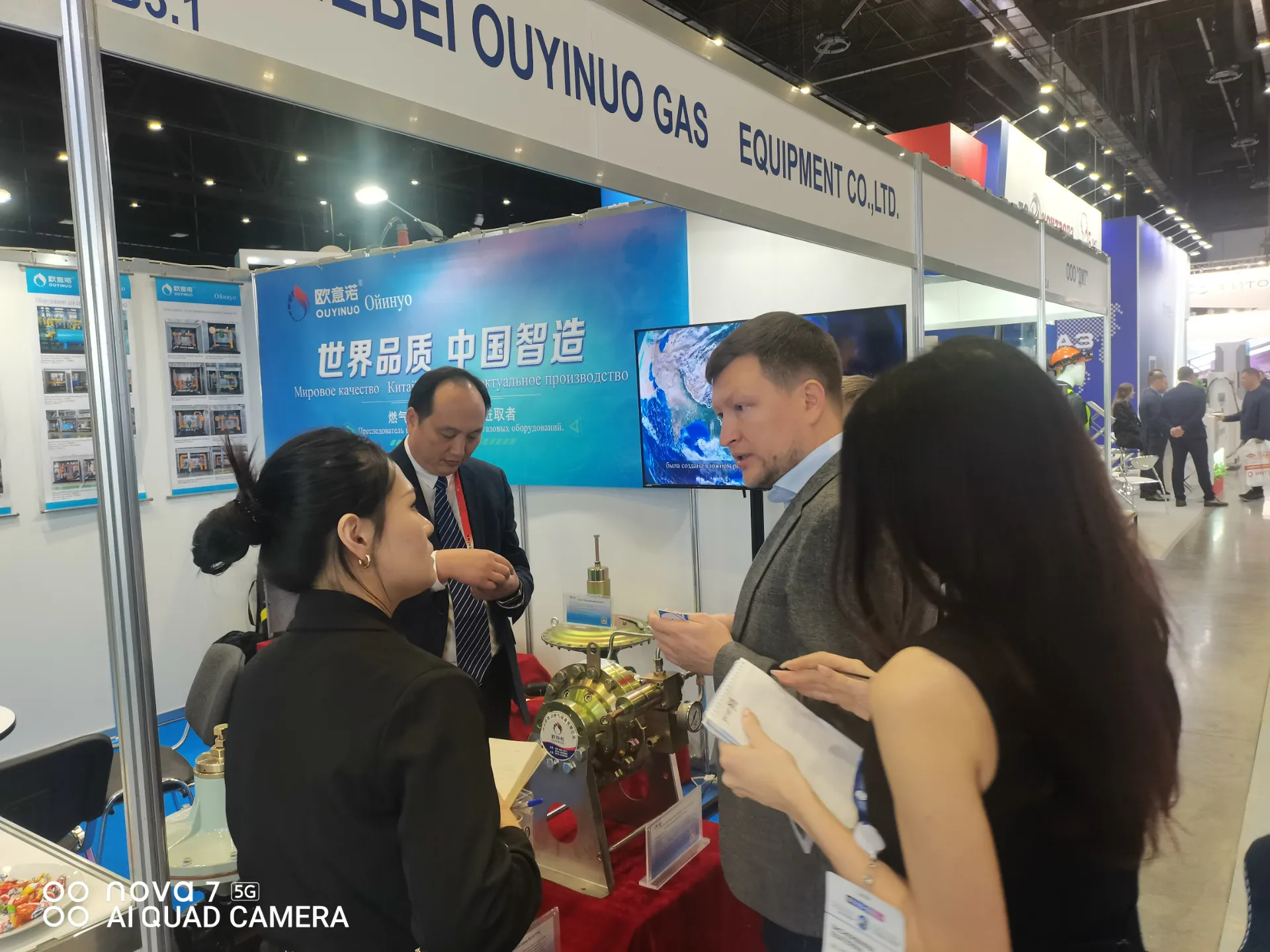
Sep . 26, 2024 09:32
Back to list
gas filter
Gas filters play a crucial role in various industrial applications, particularly where the management of air quality and the control of gas emissions are paramount. These filters are specifically designed to separate gaseous pollutants and particulates from gases in order to ensure a cleaner and safer environment. They can be employed in a variety of settings, from manufacturing plants and power generation facilities to municipal waste treatment plants.
The primary function of a gas filter is to capture and remove contaminants from the gas stream. This can include dust, smoke, and even harmful chemicals. For instance, in industries where combustion processes are involved, gas filters can help to significantly reduce the emission of particulate matter, oxides of nitrogen, and volatile organic compounds, thereby mitigating the harmful effects these substances can have on human health and the environment.
There are different types of gas filters available, designed to tackle specific pollutants. For instance, electrostatic precipitators use electrical charges to remove particulates from gases. On the other hand, activated carbon filters are highly effective at capturing volatile organic compounds and odors due to their large surface area that provides numerous adsorption sites.
The efficiency of gas filters can greatly depend on several factors, including the type of filter media used, the size of the particles being filtered, and the flow rate of the gas. Therefore, careful selection and maintenance of gas filtration systems are essential to ensure optimal performance. Regular maintenance helps to prevent clogging and ensures that the filters retain their effectiveness over time.
gas filter

In addition to industrial applications, gas filters are also increasingly used in residential and commercial buildings. Indoor air quality has become a significant concern, and the use of gas filters within HVAC systems can provide cleaner air for occupants by removing allergens, pollutants, and unpleasant odors.
As regulations surrounding air quality become more stringent globally, the importance of gas filters will continue to grow. The advancement in filtration technologies will likely lead to improved designs and materials, making gas filters more efficient and effective in their operations. This emphasis on cleaner air underscores the need for industries and individuals alike to understand the role of gas filtration in promoting a healthier environment.
In conclusion, gas filters are indispensable components in both industrial and everyday settings, contributing significantly to air quality improvement and environmental protection. As technology evolves, the capabilities and efficiency of gas filters will undoubtedly enhance, fostering a sustainable future.
Next:
Latest news
-
Safety Valve Spring-Loaded Design Overpressure ProtectionNewsJul.25,2025
-
Precision Voltage Regulator AC5 Accuracy Grade PerformanceNewsJul.25,2025
-
Natural Gas Pressure Regulating Skid Industrial Pipeline ApplicationsNewsJul.25,2025
-
Natural Gas Filter Stainless Steel Mesh Element DesignNewsJul.25,2025
-
Gas Pressure Regulator Valve Direct-Acting Spring-Loaded DesignNewsJul.25,2025
-
Decompression Equipment Multi-Stage Heat Exchange System DesignNewsJul.25,2025

